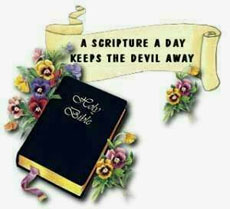Section 3: Social & Political Issues
Homosexuality and Same-Sex Marriage The public is evenly divided over whether businesses that provide wedding services, like catering or flowers, should be required to provide services to same-sex couples despite religious objections to same-sex marriage. Half (49%) say that wedding-related businesses should be required to provide services to same-sex couples just as they would to […]
About the Survey
The analysis in this report is based on telephone interviews conducted Sept. 2-9, 2014, among a national sample of 2,002 adults, 18 years of age or older, living in all 50 U.S. states and the District of Columbia (801 respondents were interviewed on a landline telephone and 1,201 were interviewed on a cellphone, including 673 […]
Section 1: Religion in Public Life
Religion in Politics The public is now evenly divided on the question of whether churches and other houses of worship should express their views on day-to-day social and political questions: 49% say they should do this, while 48% say churches and other houses of worship should keep out of political matters. During the last midterm […]
Section 2: The Religious Landscape of the 2014 Elections
The partisan preferences of religious groups have remained relatively stable in recent years. Majorities of black Protestants and the religiously unaffiliated continue to identify with or lean toward the Democratic Party, and say they would vote for the Democratic congressional candidate in their district this fall. At the other end of the spectrum, white evangelical […]
Public Sees Religion’s Influence Waning
Nearly three-quarters of Americans now think religion is losing influence in American life, and most who say this also see it as a bad thing. Perhaps as a consequence, a growing share of the public wants religion to play a role in U.S. politics.
How Americans Feel About Religious Groups
When asked to rate religious groups on a “feeling thermometer” ranging from 0 to 100, Americans rate Jews, Catholics and evangelical Christians warmly and atheists and Muslims more coldly.




